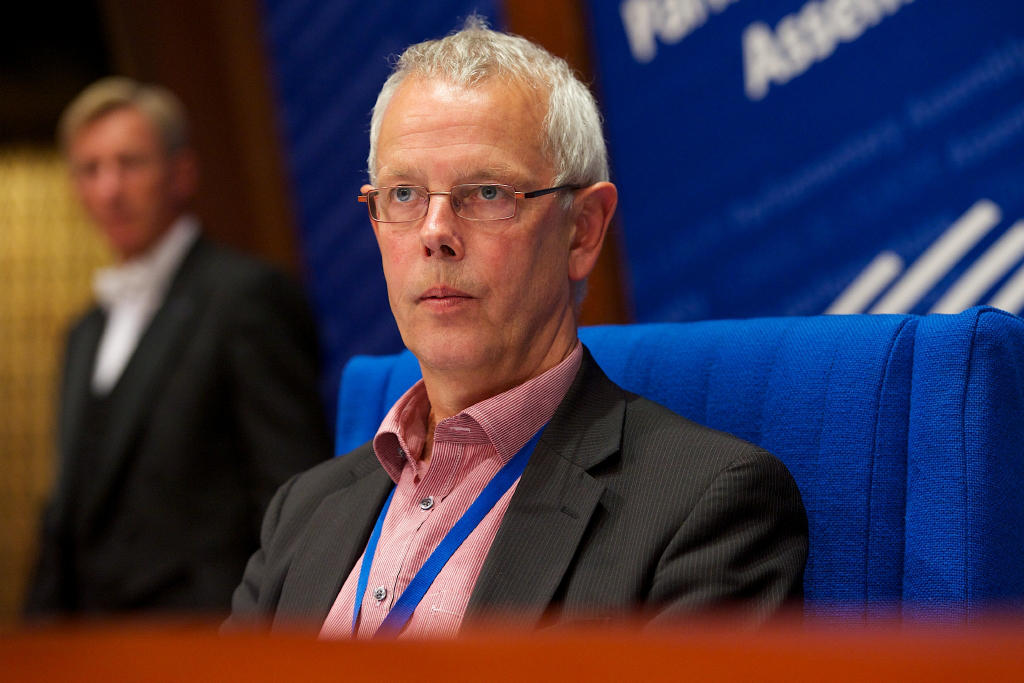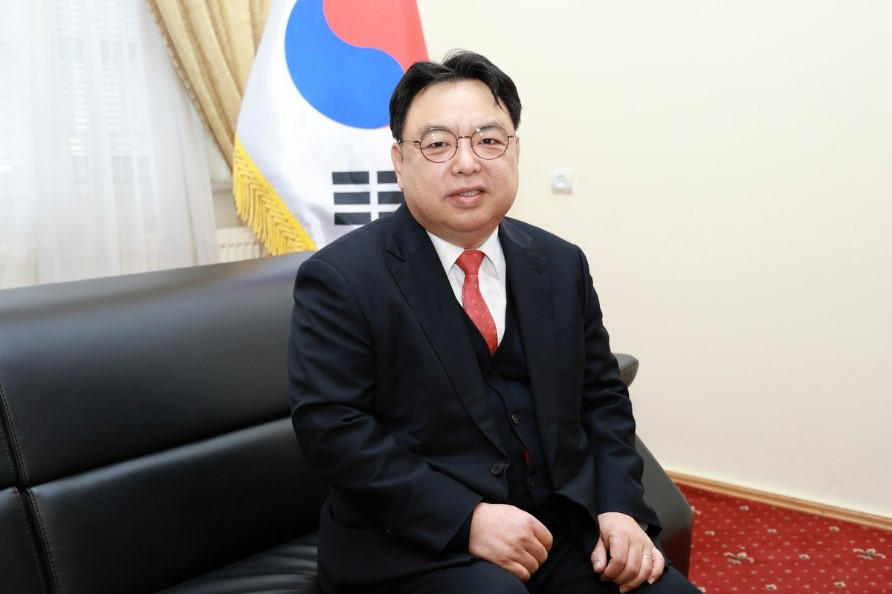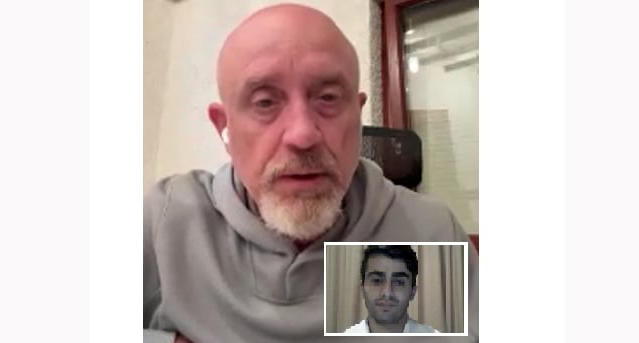Tiny Kox: I would like to call upon the authorities to check all complaints made about the electoral process and upon the ruling party and other parties to engage in meaningful dialogue to overcome the problems

The political climate in Georgia was tense before the elections, and remained tense on election day and in the post-electoral period, which has lasted until now, - said Dutch deputy Tiny Kox, who presented a report on the Georgian October 31 parliamentary elections at the winter plenary session of the Parliamentary Assembly of the Council of Europe.
"According to the international election observation mission in which we participated together with the OSCE Parliamentary Assembly, NATO Parliamentary Assembly and the experts of ODIHR, according to that, in the national election observation mission, the parliamentary elections were competitive and overall fundamental freedoms were respected.
Nevertheless, pervasive allegations of pressure on voters and blurring of the line between the ruling party and the state reduced public confidence in some aspects of the process. The dominance of the ruling party in the election commissions negatively affected the perception of their impartiality and independence, especially at the lower levels. Recent legislative amendments adopted following an inclusive consultation process involving Council of Europe and ODIHR recommendations help to provide a legal framework that is, as such, a sound basis for holding democratic elections.
Nevertheless, the state audit office's capacity to effectively oversee the integrity of the campaign financing remained limited, leaving long-standing Council of Europe and ODIHR recommendations unaddressed", - stated Kox.
In addition, the rapporteur also pointed out that the October election was competitive and partially free, however what it lacked was fairness.
"These elections were competitive and relatively free: 48 parties and two blocks participated in the elections, out of which 10 parties succeeded to have one or more representatives elected.
The main problem of these elections was not the freeness but the level of fairness. The ruling party did not respect enough the line between itself and the state while campaigning, the international election observation mission concluded. The other main problem is that other parties decided to boycott participating in the new parliament, which goes counter to the very essence of elections – to represent voters. Our co-rapporteurs for Georgia have already called on all these parties to accept their seats in the parliament for the sake of Georgian democratic consolidation.
I think that is wise advice and I also would like to call upon the authorities to check all complaints made about the electoral process and upon the ruling party and other parties to engage in meaningful dialogue to overcome the problems that have risen and to come to a further electoral and judicial reform jointly", - stated Kox.

